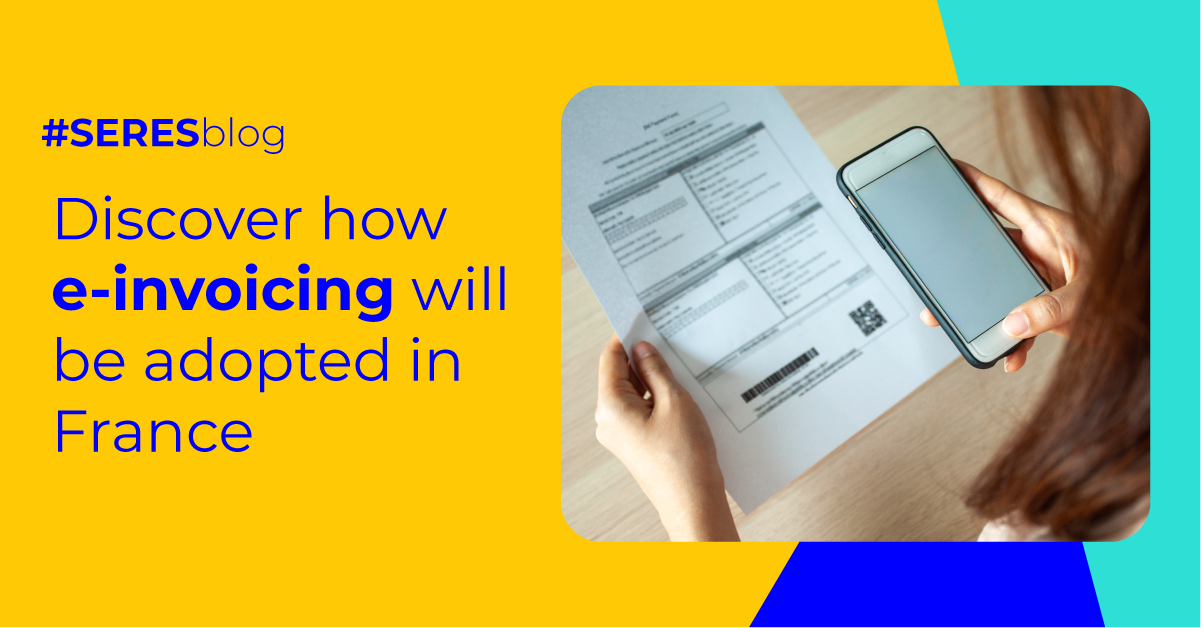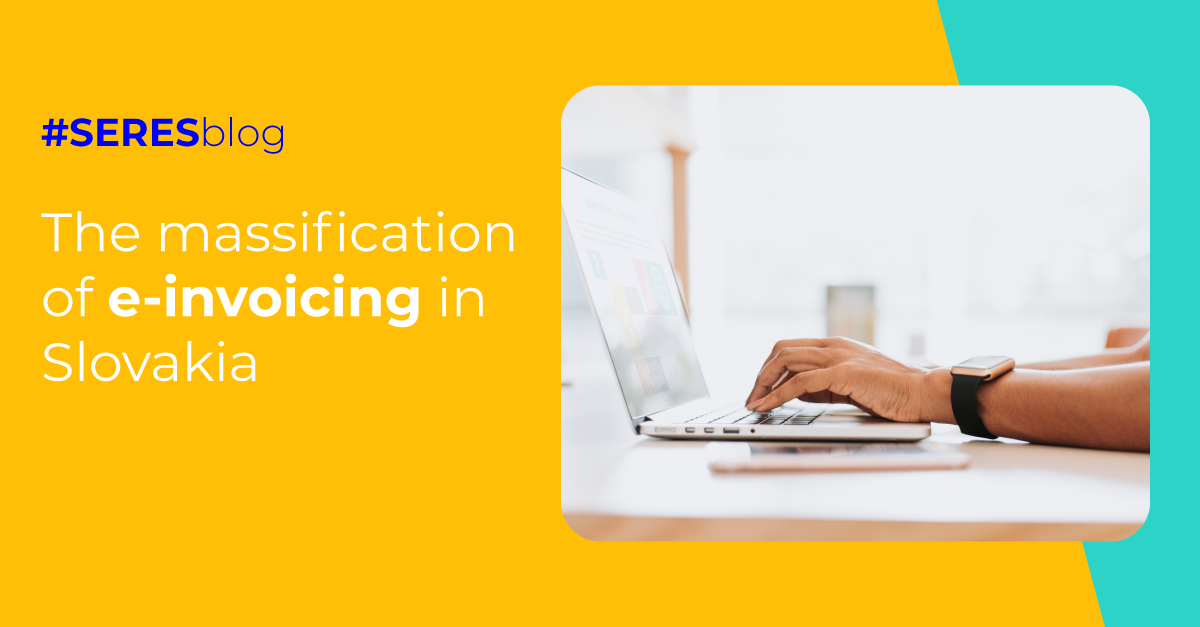B2B e-invoicing in Sweden: waiting for the VAT in the Digital Age
The Confederation of Swedish Enterprises (NSD) has asked the government to talk with the public about how to use B2B electronic invoicing and digital reporting.
The NSD says that the decisions made by member states are very important. It asks the Executive to create a group of experts to help with this process.
At the same time, the Swedish Tax Agency (Skatteverket) is running an online survey from June to July 2025. The survey asks companies what they think about electronic invoicing and if they want to use it.
On March 1, 2025, a new electronic invoicing system for customs, taxes, and duties will be introduced. From this date on, customers who used to receive invoices from customs in XML format will now receive them in PEPPOL BIS 3 format. This will be the new format for customs invoicing via EDI.
If you used to receive invoices via EDI, you will need to connect to PEPPOL and register your PEPPOL ID with the customs authority. This will allow you to continue receiving invoices automatically.
Regulations on e-invoicing in Sweden
The regulation of electronic invoicing in Sweden is comprised of two ordinances.
- The Ordinance on Accounting by Authorities (Förordning (2000: 606) om myndigheters bokföring §21f).
- The Ordinance on the Exchange of Electronic Information of the State Authorities (Förordning (2003: 770) om statliga myndigheters elektroniska informationsutbyte § 3).
The latter was revised in 2021 to include the requirement to utilise the term 'e-procurement' throughout the procurement process.
The document specifies three accepted e-invoice formats: The following formats are accepted: Svefaktura, PEPPOL BIS invoice, and SFTI Fulltextfaktur. Conversely, the platform through which the Swedish central government can send and receive its invoices is operated by solution providers under agreements administered by the Kammarkollegiet (Agency for Legal, Financial and Administrative Services).
In recent years, the Swedish government has also been engaged in the process of adapting its e-invoicing system to align with European standards and requirements, in order to implement the European Union's B2G e-invoicing Directive. This directive extends the obligation to all tax and local authorities.
The aforementioned regulation was approved in June 2018 and will require all suppliers to central, regional and local authorities to send their invoices in electronic format as of 1 April 2019.
B2G e-invoicing in Sweden
E-invoicing in Sweden has been a reality since 2008, when the Swedish National Finance Management Authority (ESV) made e-invoicing mandatory for central government agencies.
In 2019, the requirement for e-invoicing was extended to the rest of the regional and municipal administrations. On the other hand, suppliers to public administrations are required to send electronic invoices.
The main benefits of e-invoicing at the sub-central level are cost and transaction savings, reduced administrative burden, optimized payment times, and contribution to process automation.
The relevance of PEPPOL in the Swedish invoicing system
As of November 2018, all central government agencies are required to connect to PEPPOL in order to exchange their e-invoices.
In this context, the objective of the proposed legislation was to ensure that by April 2019, all Swedish public entities would issue and receive invoices in the PEPPOL BIS INVOICE 3.0 format.
To send invoices via PEPPOL, it is sufficient to be connected to an access point. Subsequently, a PEPPOL identifier (a unique number assigned to each company) will be automatically assigned.
For the purpose of exchanging information with public administrations, companies are required to send invoices via special government identification numbers (OINs).
B2B e-invoicing situation in Sweden
In Sweden, B2B e-invoicing has not yet been made mandatory by legislation. In essence, the practice is permitted, entirely voluntary, and only the consent of the buyer is required.
In February 2023, the Swedish Business Registration Office (Bolagsverket) and the Tax Agency submitted a formal request to the Swedish government to assess the conditions for the adoption of mandatory e-invoicing in the B2B sector.
The objective of the request was to assess the relevance of mandatory e-invoicing, with a particular focus on the EU paradigm of the VAT in the digital age.
Consequently, as is the case with the other Nordic countries, the implementation of B2B e-invoicing in Sweden will be closely linked to the development of VAT in the digital age.
The electronic tax reporting project in Sweden
In 2022, the Swedish Tax Agency confirmed that it had initiated a project with the objective of establishing the future of VAT reporting in the country. In addition, the agency commenced an evaluation of the potential alternatives to the current invoicing and reporting processes, including e-invoicing and digital reporting solutions. No specific solution or timetable has yet been communicated.
Nevertheless, the Swedish Tax Agency has indicated its intention to pursue further discussions regarding a range of potential options, including periodic transaction control (TTC), which encompasses VAT and FATTS listings. Additionally, the agency has signalled its interest in exploring continuous transaction controls (CTC), which encompass real-time invoice reporting and mandatory e-invoicing.



